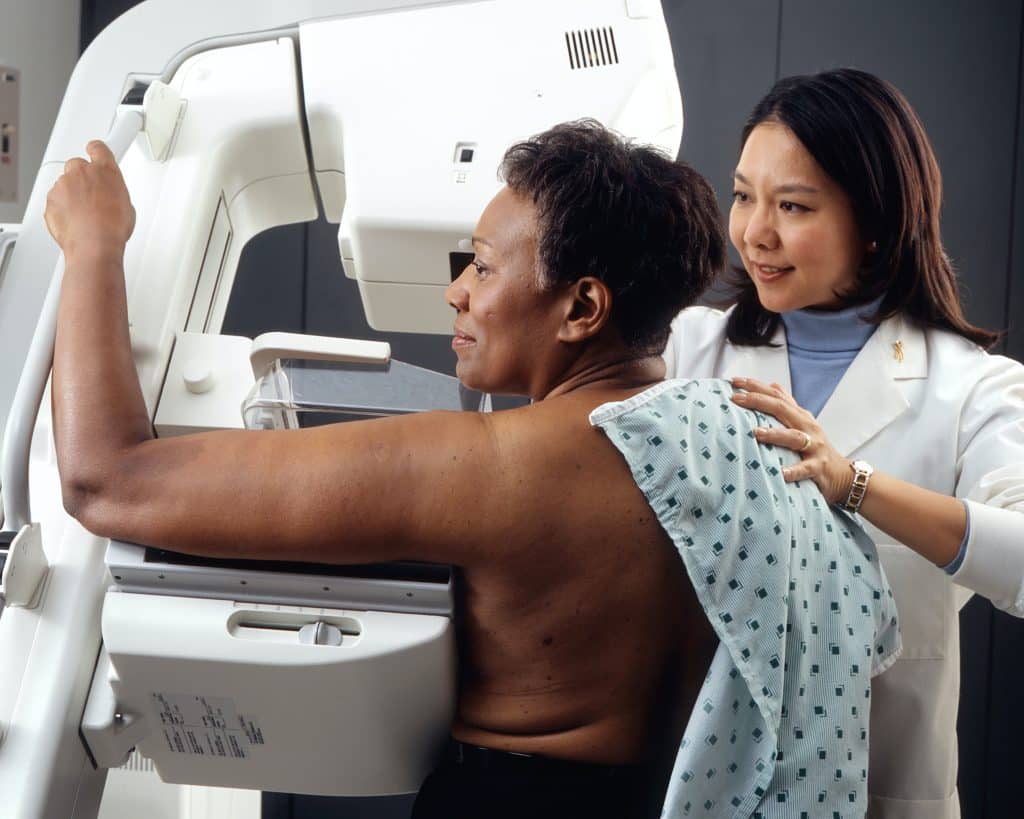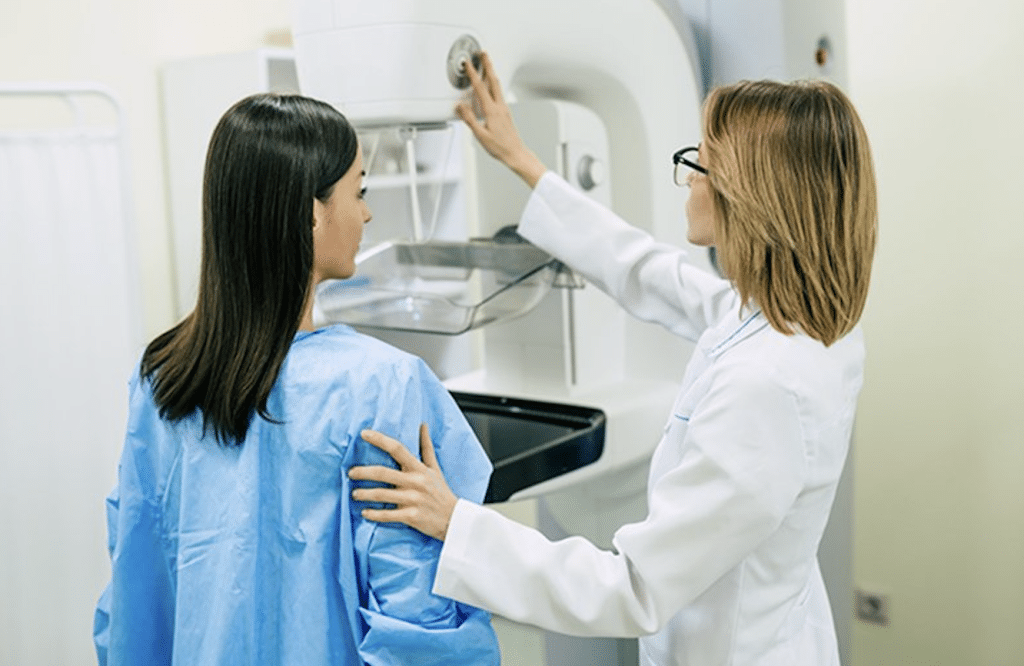Medicare, the federal health insurance program in the United States, is crucial in providing essential medical services to eligible beneficiaries. One of the vital preventive services covered by Medicare is mammograms, which are crucial for early detection of breast cancer. Let’s explore the specific circumstances under which Medicare covers mammograms, ensuring you clearly understand your benefits.

1. Medicare Part B Coverage
Medicare Part B is the component of the program that covers outpatient services, including preventive screenings like mammograms. Under Part B, eligible beneficiaries are entitled to an annual mammogram at no additional cost. This preventive service is essential, especially for women over 40, as breast cancer risk increases with age.
2. Eligibility Criteria
Individuals who are 65 years or older and have paid Medicare taxes for at least ten years are generally eligible for Medicare benefits like mammograms. This is the criteria to qualify for Medicare coverage for mammograms. However, younger individuals with specific disabilities or end-stage renal disease (ESRD) may also be eligible.
3. Frequency of Coverage
Medicare allows for one screening mammogram per year for most beneficiaries. This ensures that women receive regular screenings to detect potential breast abnormalities early on. Early detection can significantly improve the chances of successful treatment and recovery.
4. Diagnostic Mammograms
In some cases, a diagnostic mammogram may be necessary if the screening mammogram reveals a potential issue. Medicare also covers diagnostic mammograms under Part B. Unlike screening mammograms, which are performed annually as a preventive measure, diagnostic mammograms are conducted when further evaluation of breast tissue is required due to symptoms or abnormalities found during the screening.
5. Cost Sharing
For most beneficiaries, Medicare Part B covers 100% of the cost of screening and diagnostic mammograms. This means there are no out-of-pocket expenses when receiving these essential services, making it easier for beneficiaries to prioritize their health without financial barriers.
6. Mammogram Providers
Medicare coverage for mammograms extends to a wide range of qualified healthcare providers. These include hospitals, clinics, diagnostic centers, and accredited radiology facilities. It is crucial to ensure that the provider is enrolled in Medicare and accepts assignments to avoid unexpected expenses.
7. Age and Risk Factors
As mentioned, Medicare coverage for mammograms is generally available to women aged 40 and above. However, younger women with certain risk factors, such as a family history of breast cancer or previous breast abnormalities, may also be eligible for coverage. In such cases, it is essential to consult a healthcare professional to determine the appropriate screening schedule.
8. Breast Cancer Prevention Services
Medicare covers mammograms and provides coverage for other breast cancer prevention services. For instance, beneficiaries are entitled to receive clinical breast exams as part of their preventive care. These exams, conducted by a qualified healthcare professional, can help identify any potential abnormalities in the breast tissue.
9. Copayment and Deductible Considerations
While Medicare Part B covers mammograms without copayment or deductible for most beneficiaries, there are some exceptions. For instance, individuals enrolled in a Medicare Advantage Plan (Part C) may have different cost-sharing arrangements. Therefore, reviewing your specific plan details is essential to understand the associated costs accurately.
10. Medicare Advantage Plans and Mammogram Coverage
Medicare Advantage Plans, or Medicare Part C, are private health insurance plans approved by Medicare. These plans must provide the same level of coverage as Original Medicare (Part A and Part B), but they may have different rules, costs, and provider networks. Your mammogram coverage may be subject to different copayments or coinsurance rates if enrolled in a Medicare Advantage Plan. However, Medicare regulations require that these plans cover all preventive services, including mammograms, without any additional cost to the beneficiary.
11. Importance of Regular Mammograms
Regular mammograms are pivotal in detecting breast cancer at its earliest stages, even before noticeable symptoms arise. Early detection is vital as it increases the chances of successful treatment and improves overall health outcomes. By participating in regular screening, you take a proactive step in safeguarding your well-being.
12. Additional Coverage for Breast Cancer Treatment
In addition to preventive services like mammograms, Medicare covers breast cancer treatments when necessary. Part B covers outpatient medical services, including doctor visits, chemotherapy, and radiation therapy. Part A covers inpatient hospital stays, including surgery if required.
13. Taking Control of Your Health
As a Medicare beneficiary, staying informed about your healthcare benefits, including mammogram coverage, is crucial. Knowing when and where to get screened can empower you to take control of your health and prioritize preventive care. Contact your healthcare provider to discuss your breast cancer risk factors and develop a screening plan tailored to your needs.
Conclusion
Breast cancer is a serious health concern, but regular screenings make it possible to detect and treat the disease in its early stages. Medicare’s mammogram coverage is vital in promoting preventive care and ensuring eligible beneficiaries have access to this life-saving service. Whether you are 40 or older or have specific risk factors, knowing your Medicare benefits for mammograms empowers you to take control of your health and well-being. By staying informed and scheduling regular screenings, you can prioritize early detection and increase the chances of successful treatment, offering you peace of mind and a healthier future.
